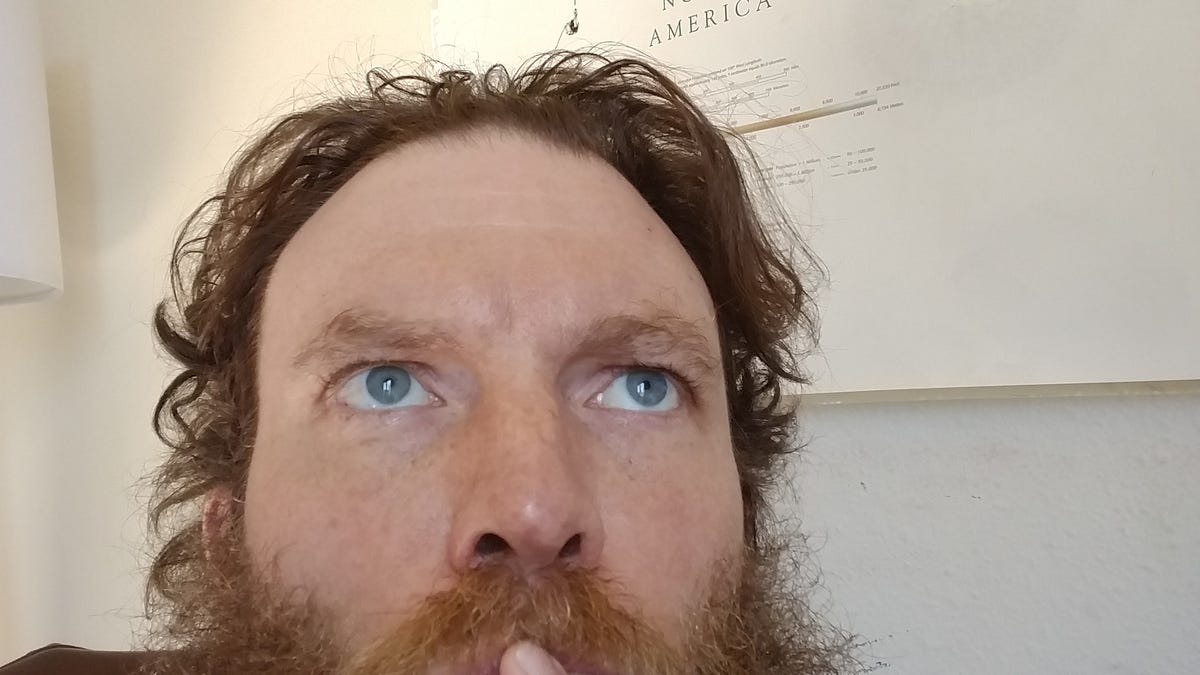Why you can't stop taking selfies everyone else hates
Science confirms we love to bare our soul in selfies, but can't stand to look at everyone else's self-portraits, which are so clearly narcissistic.

So obviously sincere...
If you need proof the world is upside down, look no further than the "selfie paradox."
The term, coined by psychology professor Sarah Diefenbach, refers to our obsession with taking and sharing selfies, even as we acknowledge our disdain for the proliferation of these digital self-portraits in our lives.
Diefenbach and colleague Lara Christoforakos from Ludwig-Maximilians-University Munich in Germany recently published research in the journal Frontiers in Psychology suggesting the contradictory phenomenon is real.
They studied 238 people living in Germany, Austria and Switzerland by conducting an online survey.
While 77 percent responded that they take regular selfies, 62 to 67 percent said the photos could have potentially negative consequences, such as causing them to feel worse about themselves -- presumably as a result of staring at the reality of their own faces or comparing themselves to others.
Backing up the overall anti-selfie sentiment was another data point: 82 percent of respondents said they would rather see any other kind of photo besides selfies on social media.
The evidence is pretty clear: we're not big fans of looking at other people's selfies, yet we still can't help ourselves from taking and sharing them, adding to an unending universe of portraits no one wants to look at.
The researchers suggest we may view others' selfies as less authentic and basically a means of showing off, whereas we look at our own selfies as more sincere or self-ironic. In other words, we feel our own selfies have only the best of intentions while assuming that others are more likely to be fulfilling that dreaded stereotype of the narcissistic selfie-taker.
Not all selfies serve the same purpose.
"This may explain how everybody can take selfies without feeling narcissistic," Diefenbach said in a statement. "If most people think like this, then it is no wonder that the world is full of selfies."
So are we right about our own selfies? Are they all just brief windows into our souls? Moments of vulnerability we share with the world? Or are we right to judge everyone else's selfies as self-indulgent oversharing?
Let's all be the judge to settle this once and for all. Share your most sincere or ironic selfies on Twitter or Instagram with the hashtag #selfieparadox and we'll all discuss whether they hit the mark.
Crowd Control: A crowdsourced science fiction novel written by CNET readers.
Technically Incorrect: Bringing you a fresh and irreverent take on tech.

